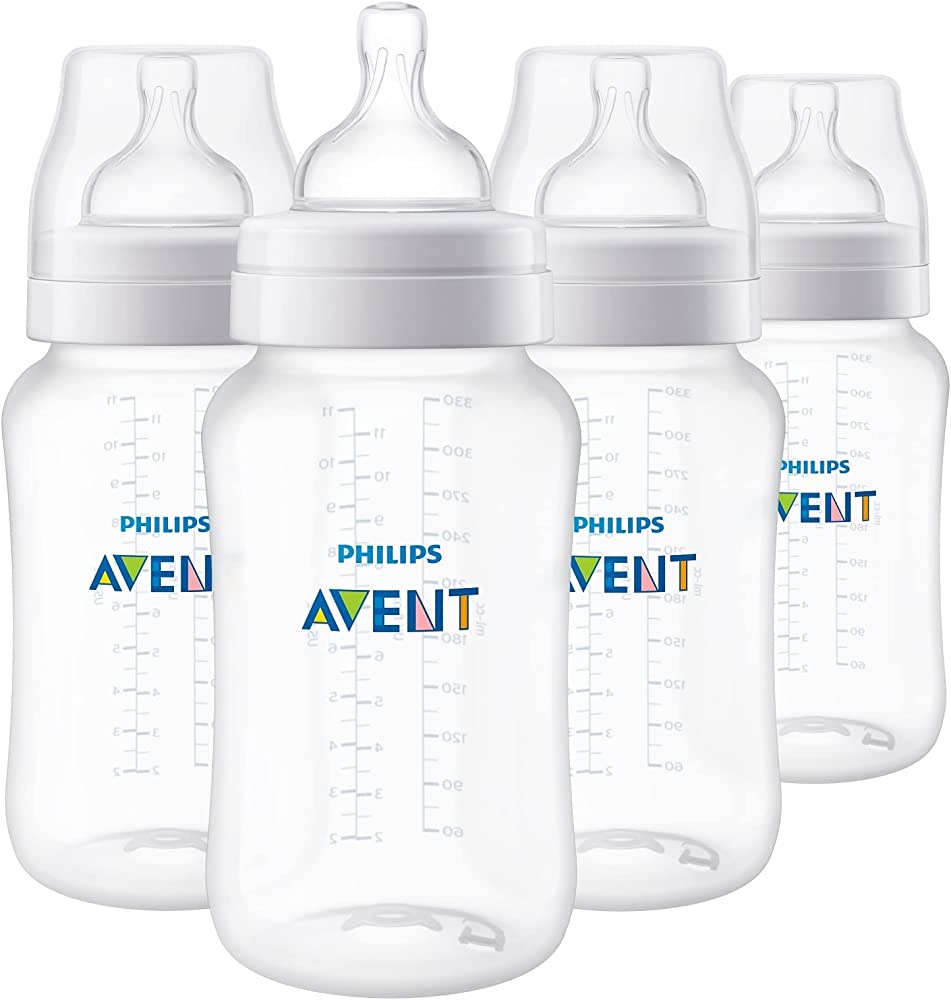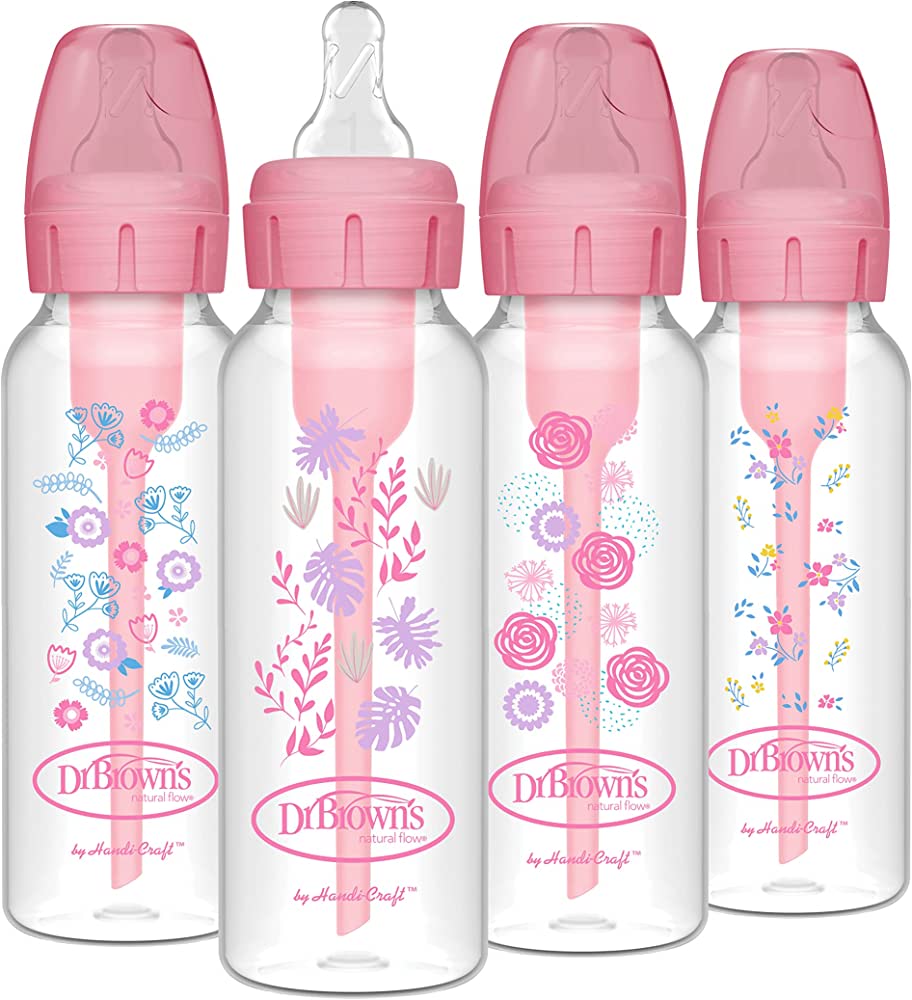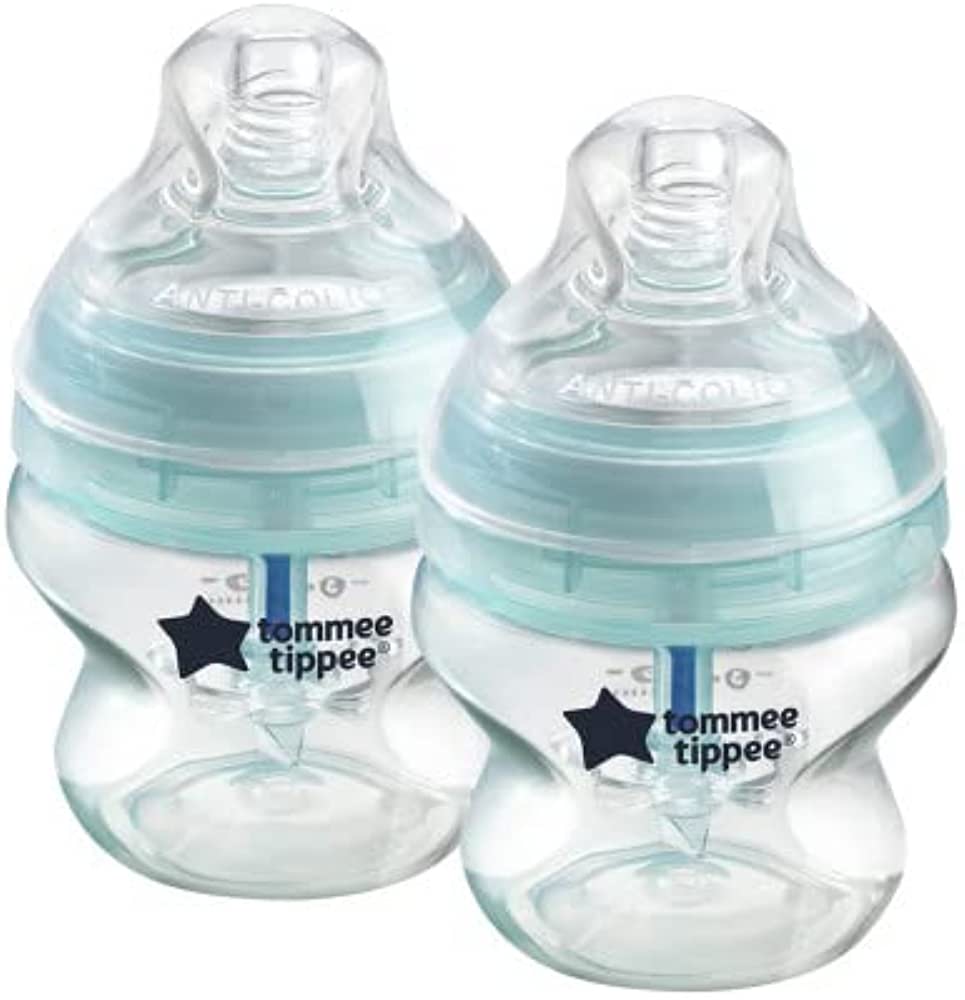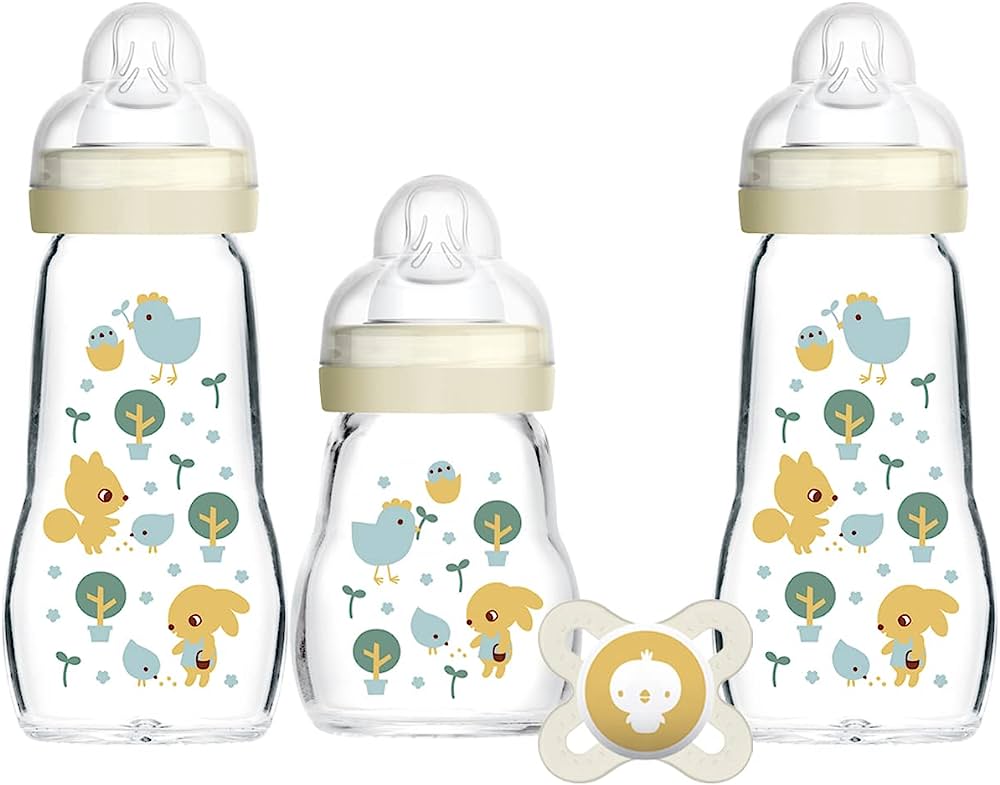My baby was formula-fed and experienced colic. I went through countless articles in search of answers to understand what was happening to my child. Initially, I believed that the colic was caused by the formula milk. However, I later discovered that the root cause was different.
As a parent, one of the challenges you may face is dealing with a colicky baby. The constant crying and fussiness can leave you feeling overwhelmed and wondering if there’s anything you can do to alleviate their discomfort. One question that often arises is whether colic occurs more frequently in breastfed or formula-fed babies. In this blog post, we will explore this topic and provide insights to help you better understand colic and its relationship with feeding method.
Colic in Breastfed Babies
Colic can occur in breastfed babies, just as it can in formula-fed babies. Breast milk is highly nutritious and provides numerous health benefits for infants. However, certain components in breast milk, such as proteins or allergens, can potentially contribute to colic symptoms in some babies. If your breastfed baby is experiencing colic, it is worth considering if any specific foods or allergens in your diet could be affecting them. Consulting with a healthcare professional or lactation consultant can provide guidance on dietary adjustments or potential underlying issues.
Colic in Formula-Fed Babies
Formula-fed babies can also experience colic. Although infant formulas are designed to provide essential nutrients and support healthy development, some babies may have sensitivities or allergies to certain ingredients. In such cases, switching to a different formula or opting for hypoallergenic formulas may help alleviate colic symptoms. It is important to consult with a pediatrician or healthcare provider for personalized advice and recommendations.
Seeking Support and Solutions
If you are concerned about your baby’s colic symptoms, it is recommended to consult with a healthcare professional. They can evaluate your baby’s health, rule out any underlying conditions, and provide guidance on soothing techniques, dietary adjustments, and other strategies to help alleviate colic symptoms. Remember, you are not alone in this journey, and seeking support from healthcare professionals, support groups, and other parents can provide valuable insights and reassurance.
Conclusion
In conclusion, colic can occur in both breastfed and formula-fed babies. The feeding method alone does not determine whether a baby will experience colic. It is a complex condition influenced by various factors. If you suspect your baby has colic, it is important to seek support, consult healthcare professionals, and explore strategies that may help soothe and comfort your little one. Remember to approach colic management with patience and understanding, knowing that it is a temporary phase that will eventually pass.
Frequently Asked Questions
Q: Can breastfeeding cause colic in babies? A: Breastfeeding itself does not cause colic. However, certain components in breast milk, such as proteins or allergens, can potentially contribute to colic symptoms in some babies.
Q: Is colic more common in breastfed or formula-fed babies? A: Colic can occur in both breastfed and formula-fed babies. The feeding method does not necessarily determine the occurrence of colic.
Q: What can I do to soothe my colicky baby? A: There are various soothing techniques you can try, such as swaddling, using white noise, gentle rocking, or seeking advice from healthcare professionals. It’s important to find what works best for your baby through trial and error.
Q: When should I consult a healthcare professional about my baby’s colic? A: If you are concerned about your baby’s health, well-being, or if colic symptoms persist or worsen, it is advisable to consult with a pediatrician or healthcare provider for guidance and support.
Q: How long does colic typically last? A: Colic usually begins around two to three weeks of age and may last until the baby is around three to four months old. However, the duration can vary from baby to baby.
Q: Are there any natural remedies for colic? A: Some natural remedies, such as using herbal teas, probiotics, or certain soothing techniques, have shown promise in managing colic symptoms. However, it’s important to consult with healthcare professionals before trying any alternative remedies to ensure safety and efficacy.




